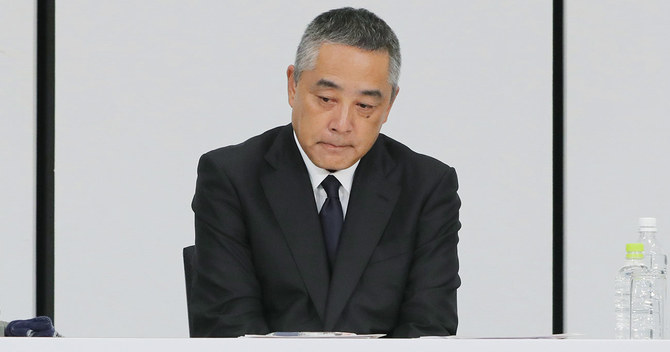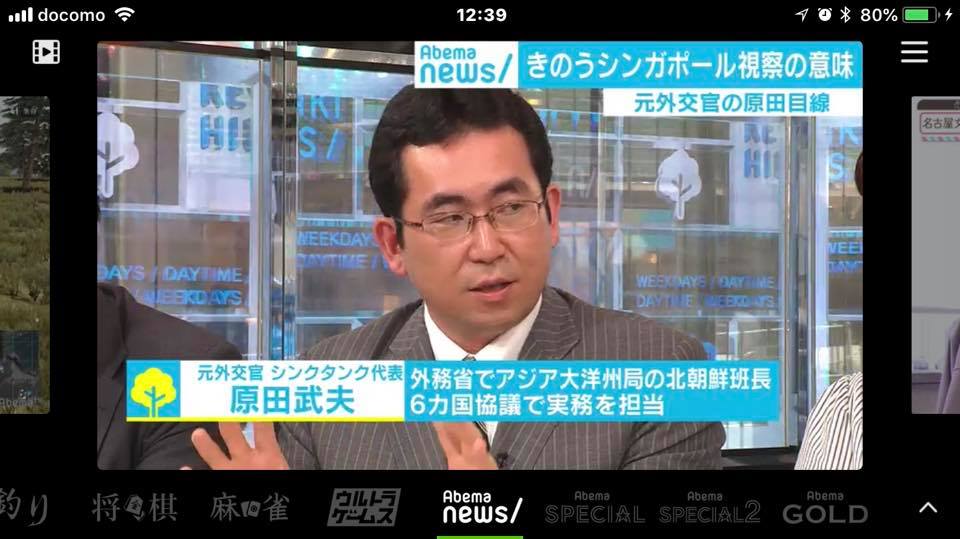Manifest Destiny Reveals.

This week, I did nothing but intensively lectures to young employees of a leading company in the Japanese economy. Since 2009, our institute has been contacting the HR unit of the company and tried to persuade our counterparts on the necessity of building up a teaching program for employees in terms of “information literacy”, the indispensable mindset and skills to anticipate the future based on OSINT and scenario planning. Thanks to the ambitious CEO, who has personally encountered the western-dominated structure of the global business community, we succeeded to do so and began to work on the program.
The situation, which surrounds the program, is, of course, extremely unique on the one hand, but on the other hand quite typical for Japanese big corporates: To keep on economic growth, the company has been repeating M&A of foreign companies in the same sector. To manage them both effectively and profitably, it urgently needs more human resources than ever, which are capable of doing global business. Nevertheless, only those unexperienced employees are left in Japan who obviously have difficulties to communicate in English.
The point is the fact these young employees are rather praised in terms of their accomplishments in the domestic market. Their colleagues, who are “globalized” from the very beginning, tend to have difficulties to overcome there. Even though the portion of the company’s sales in the global sector has been getting bigger and bigger, the Japanese domestic market is, at least from the viewpoint of its CEO, the central pillar which can be never lost. Simultaneously, the global business should be prioritized much more than before due to the accelerated declining of the Japanese market. This kind of a dilemma really matters and has to be immediately tackled by brushing up its HR education policy.
“The moment of truth” has come for my institute: Based on the unchanged fact that the majority of the Japanese hasn’t acquired English language skills at all, their attention should be drawn rather to the dynamism of global macro per se as the origin of both global business and the world history. Whenever I succeed to attract their interest in it, they will automatically lead to learn foreign language including English by themselves. Otherwise, they will never understand the necessity of foreign language skills. This is a quite simple principle to follow, however, conventional training programs of human resources in Japanese corporates are used to do exactly the opposite: They concentrate on foreign language skills at first, and disregard the necessity to intellectually motivate their employees to get involved in global business.
Thanks to devoted assistance given by the secretariat, our training program was completed with great success. As the lecturer all through the one-week program, I’m proud of its results: The young participants understood in depth what global macro is and awfully motivated to move forward towards their dual career between “go global” and “lead domestically”.
Last but not least, another phenomenon has just begun to reveal around my institute: Unfortunately, my colleagues and I fail to attract interest of Japanese students, whom we’re giving exactly the same program in the framework of our CSR. This year, we’ve tried to gather those students who love to encounter the global community. Needless to say, they have brilliant English language skill especially in terms of speaking and chatting. But they haven’t been obviously given any opportunities to learn how to behave appropriately in accordance with situations surrounding them. In addition, their intellectuality closely related to vast amount of reading can never be shown, since they don’t have it. In the course of time, my colleagues and I have got convinced of the failure of this year’s teaching program for these “global-oriented” students.
I myself interpret the fact rather positively according to the Le Chatelier’s principle: While the Japanese business world is approaching to my institute in an accelerated manner by asking our institute to give lectures, another task such as educating students “voluntarily” is losing the meaning in an irreversible way. Now that the both is appearing simultaneously, I’m feeling my manifest destiny. It’s not students but motivated “corporate warriors” of Japanese corporates that are the ones whom my institute should aim at from now on to evade the forthcoming Japan’s default. At the dawn of the brand new story, I’m already excited towards the future.






